These creatures are known to cause significant damage to a variety of plants, turning a once vibrant garden into a landscape of half-eaten leaves and stems.
Naturally Introducing Predatory Spiders for Pest Control in Your Garden
Contrary to common fear, most spiders are not a threat to humans or pets. In fact, they’re integral components of the ecosystem, serving as both predators and prey in the food chain. This article aims to provide practical guidance on how to encourage these beneficial arachnids in your garden or landscape.
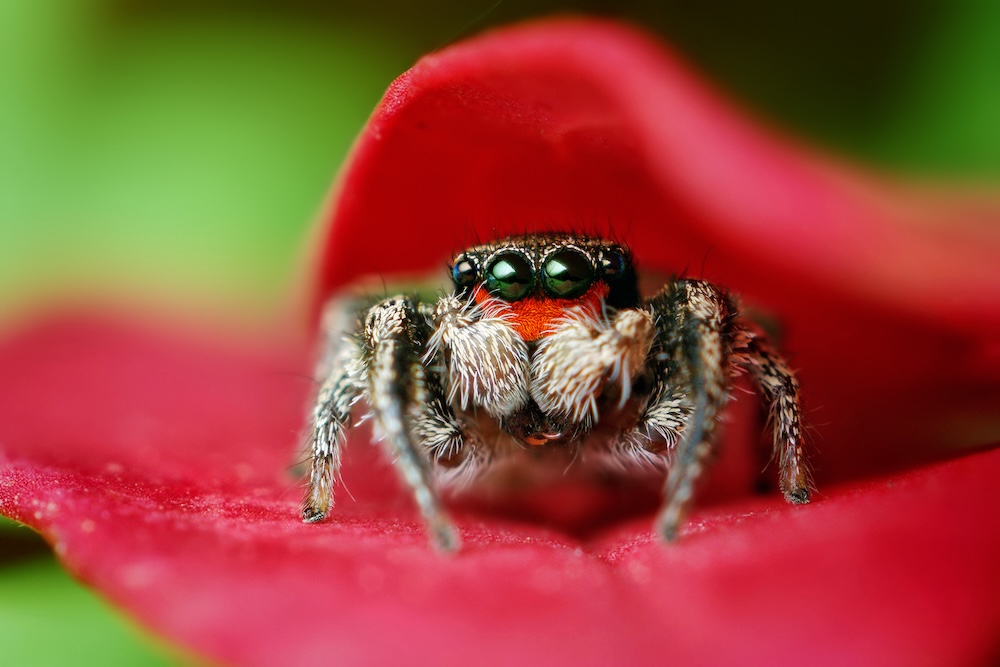
Understanding Predatory Spiders
What Are Predatory Spiders?
Predatory spiders belong to the order Araneae and are found in nearly every habitat worldwide. Their hunting methods vary significantly, with some species spinning intricate webs to trap unsuspecting insects, while others actively stalk and pounce on their prey.
Regardless of their tactics, all predatory spiders contribute to pest control, preying on a range of insects that can be harmful to plants.
The Importance of Predatory Spiders in the Ecosystem
Predatory spiders hold a significant place in the natural ecosystem. Their role as natural pest controllers helps maintain biodiversity and contributes to plant health. By preying on pests, they prevent these insects from causing extensive damage to flora and spreading diseases.
Benefits of Predatory Spiders in Gardening
Natural Pest Control
In your garden, predatory spiders can manage pest populations effectively, just like they do in nature. They prey on various small insects, including caterpillars and mosquitoes, reducing their numbers and therefore minimising their impact on your enjoyment of your garden.
Food for Higher Organisms
They’re also a source of food for higher organisms like other spiders, birds, reptiles, mammals, and so forth.
Indicator Species
The presence of predatory spiders in your garden can serve as an indicator of ecological health. They tell you that the lower levels of they ecosystem are thriving enough to support their existence.
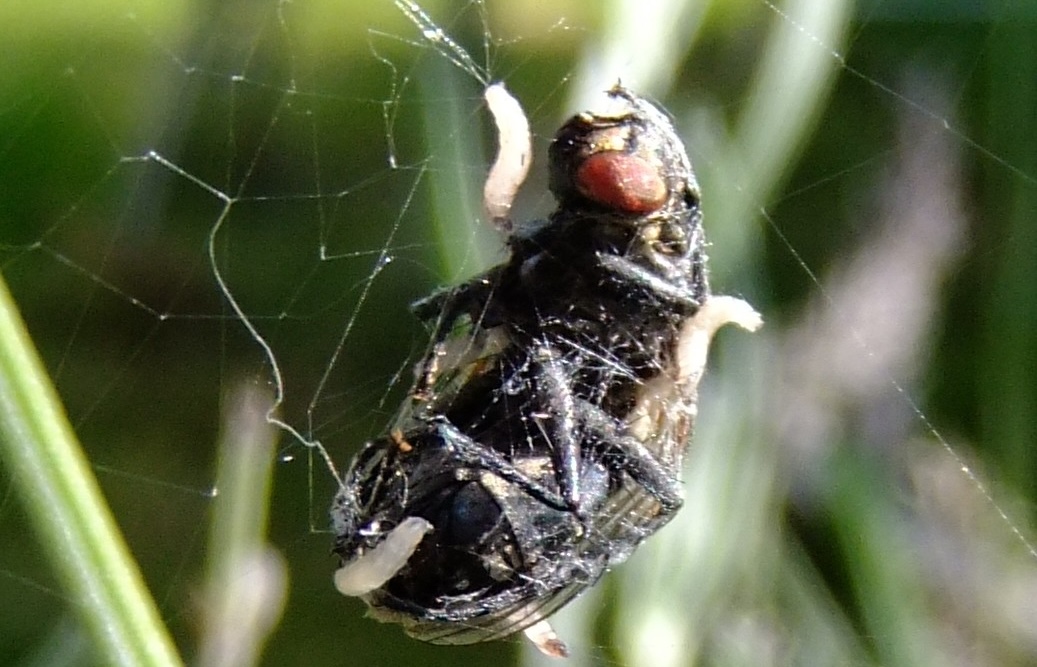
How to Encourage Predatory Spiders
Planting Right for Food and Habitat
Different spiders prefer different habitats. Some species, for example, favour the dense foliage of shrubs or the shelter provided by tall grasses. Others might prefer the structure provided by climbing plants. By incorporating a variety of plant species in your garden, you can create an attractive habitat for various types of predatory spiders.
Avoiding Harmful Pesticides
Non-selective systemic pesticides can have detrimental effects on predatory spiders and their food sources. These chemicals can poison spiders directly or indirectly by discouraging their prey.
Instead, opt for alternatives that target specific pests without harming beneficial insects and spiders. Alternatively, you can use a contact spray like white oil that will smother the pests that they’re directly sprayed upon.
Daniel’s Wrap
Predatory spiders are more than just fascinating creatures; they’re invaluable allies in maintaining the health and balance of our gardens and landscapes. By providing them with suitable habitats and avoiding harmful pesticides, we can encourage their presence and benefit from their natural pest control abilities.

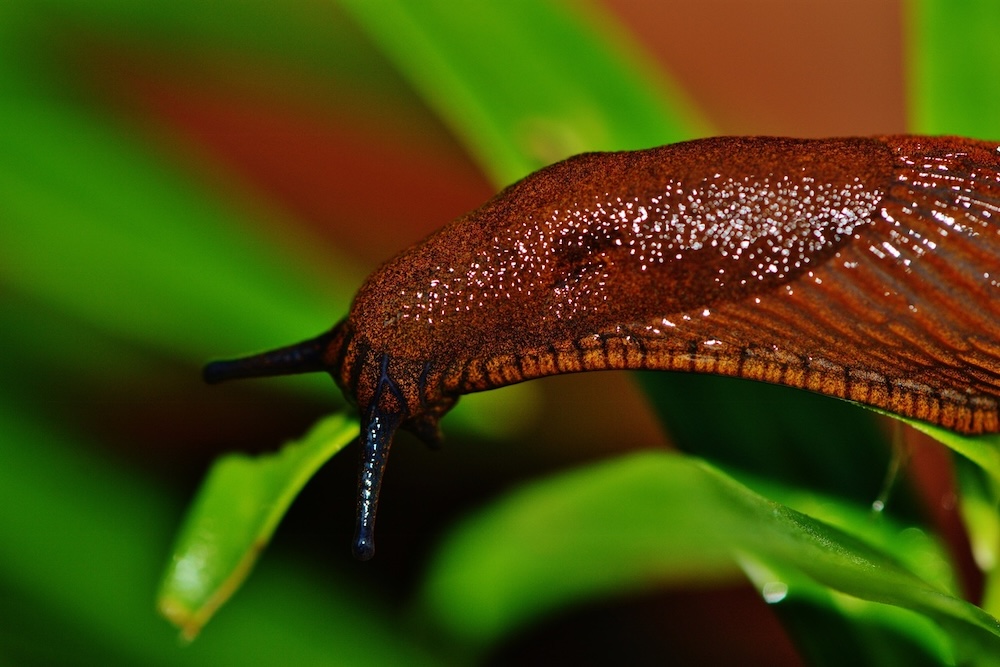
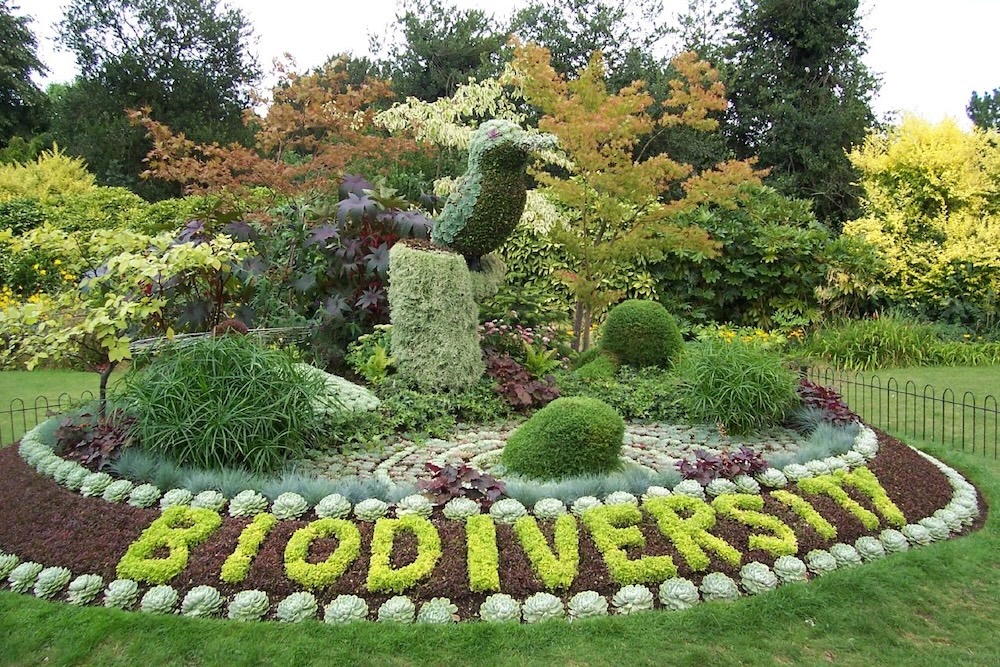
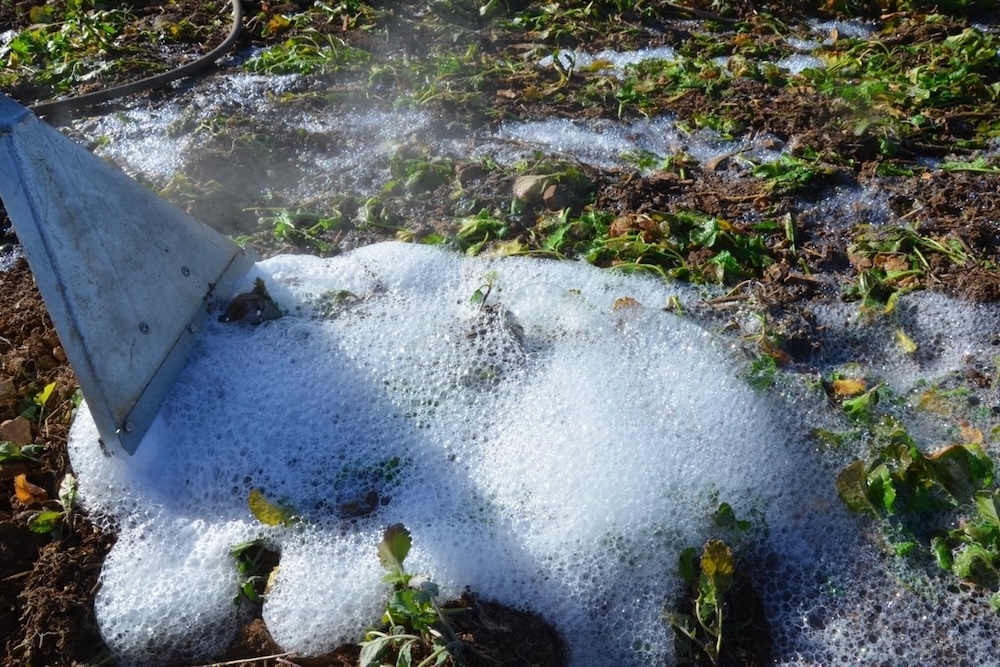
This Post Has 0 Comments